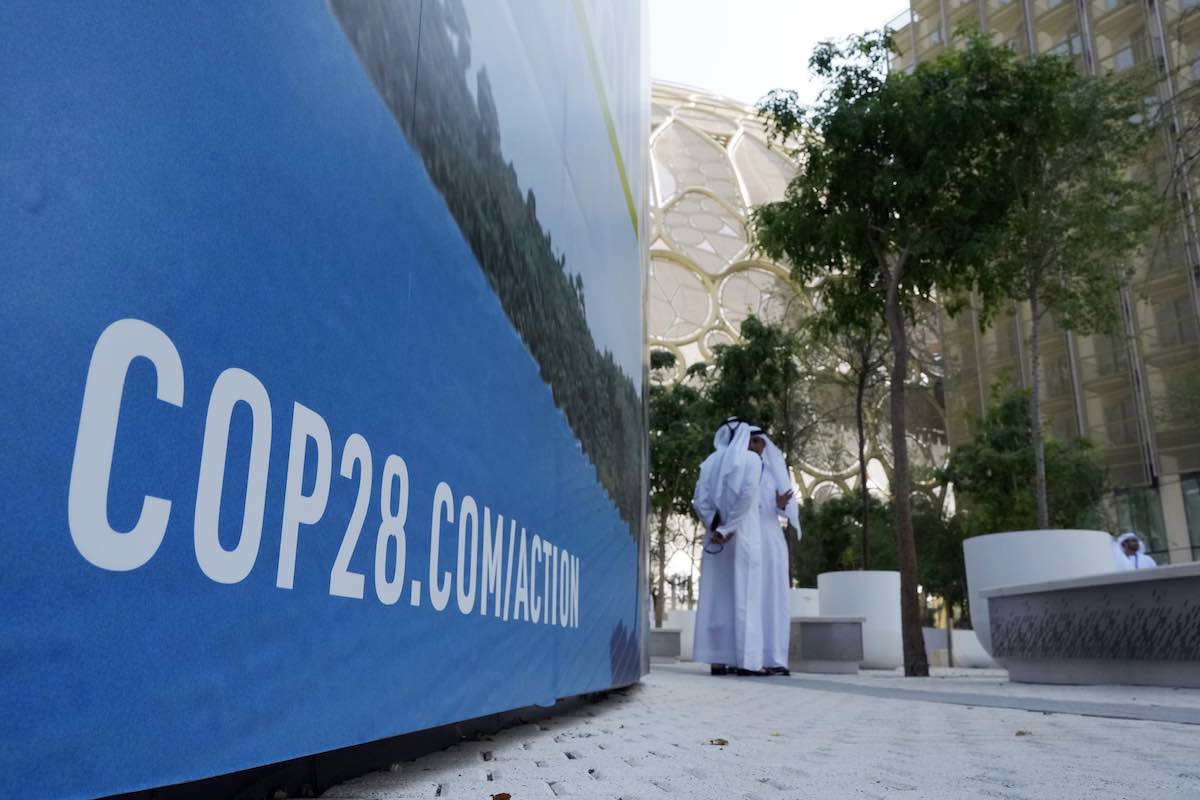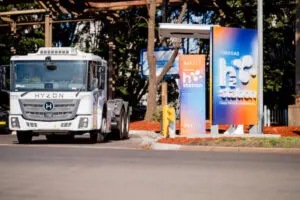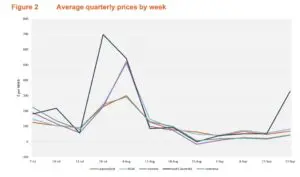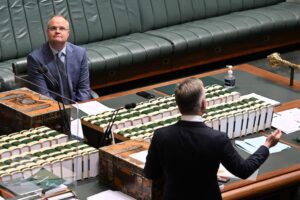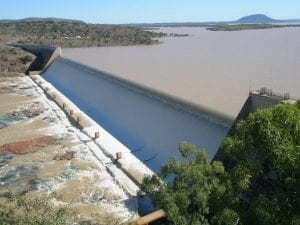Leaked documents and an undercover investigation has found that the United Arab Emirates (UAE) has been using its role as the host and presidency of the 2023 United Nations Climate Change Conference (COP28) to secure oil and gas deals.
A cache of leaked documents obtained during an undercover investigation undertaken by the BBC and the Centre for Climate Reporting (CCR) have revealed that the UAE’s COP28 president, Sultan Al Jaber – who has continued in his role as CEO of the Abu Dhabi National Oil Company (Adnoc) – has been conducting meetings with senior government officials, royalty, and business leaders from around the world over recent months.
The leaked documents provided to BBC and CCR “by a whistleblower” showed that Al Jaber and his COP28 leadership team have been planning to use their access as host and presidency to increase exports of Adnoc’s oil and gas.
More than 150 pages of briefings prepared by the COP28 team for meetings held by Al Jaber between July and October of this year were obtained by CCR, and published in part on their website.
The briefing papers were prepared by the UAE’s COP28 team for meetings with at least 27 foreign governments ahead of the summit and included proposed “talking points”, such as one for China which says Adnoc is “willing to jointly evaluate international LNG opportunities” in Mozambique, Canada, and Australia.
The documents also suggest telling a Colombian minister that Adnoc “stands ready” to support the country’s further development of its fossil fuel resources.
There are similar talking points for 13 other countries, including Germany and Egypt, which suggest confirming Adnoc wants to work with their governments to develop fossil fuel projects.
With COP28 set to get underway on Thursday, this news comes as the realisation of all the fears that first arose when the UAE was appointed as host and presidency for this year’s climate talks.
According to the BBC, the UAE COP28 team did not deny using COP28 meetings for business talks, and said in response to questions that “private meetings are private”. It further declined to comment on what was discussed in the meetings and said its work has been focused on “meaningful climate action”.
Separately, a COP28 spokesperson told Reuters that “The documents referred to in the BBC article are inaccurate and were not used by COP28 in meetings,” adding that “It is extremely disappointing to see the BBC use unverified documents in their reporting.”
CCR claim in their reporting that they, working with the BBC, “verified the authenticity of the documents leaked by the whistleblower”.
However, CCR also reports that “it is not clear on exactly how many occasions Al Jaber and his colleagues discussed the talking points in COP28 meetings with foreign governments.”
“Briefings prepared ahead of meetings suggest he planned to raise commercial interests with almost 30 countries,” CCR reported.
“More than a dozen of them contacted by the BBC and CCR did not respond to requests for comment. Several countries denied discussing commercial interests with Al Jaber despite the talking points appearing on briefings prepared ahead of the meetings; five others said that no meetings took place.”
Further, internal emails and meeting records seen by CCR raise “serious questions about the COP28 team’s independence from Adnoc.”
“Summit team staffers have been told talking points from the two companies Al Jaber is involved in running – Adnoc and the UAE state-owned renewable energy company, Masdar – ‘always need to be included’, according to emails seen and verified by CCR,” CCR reported.
“The COP28 team said it was ‘simply untrue’ that staff had been told this.”
If true, however, the allegations potentially jeopardise the most important climate talks held this year, and flies in the face of examples set by previous COP hosts.
“As a COP president you should not represent any national or commercial interest, it is your job to lead the world,” Manuel Pulgar-Vidal, the president of the COP20 summit in Lima in 2014, told CCR.
“You can’t represent the interests of a country or a business because it will undermine confidence and trust in the presidency.”

